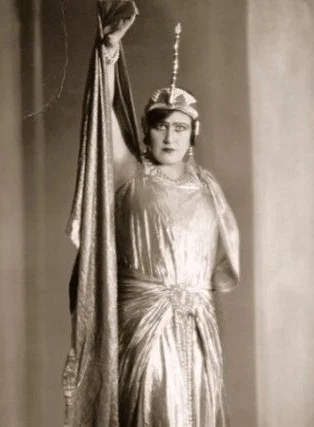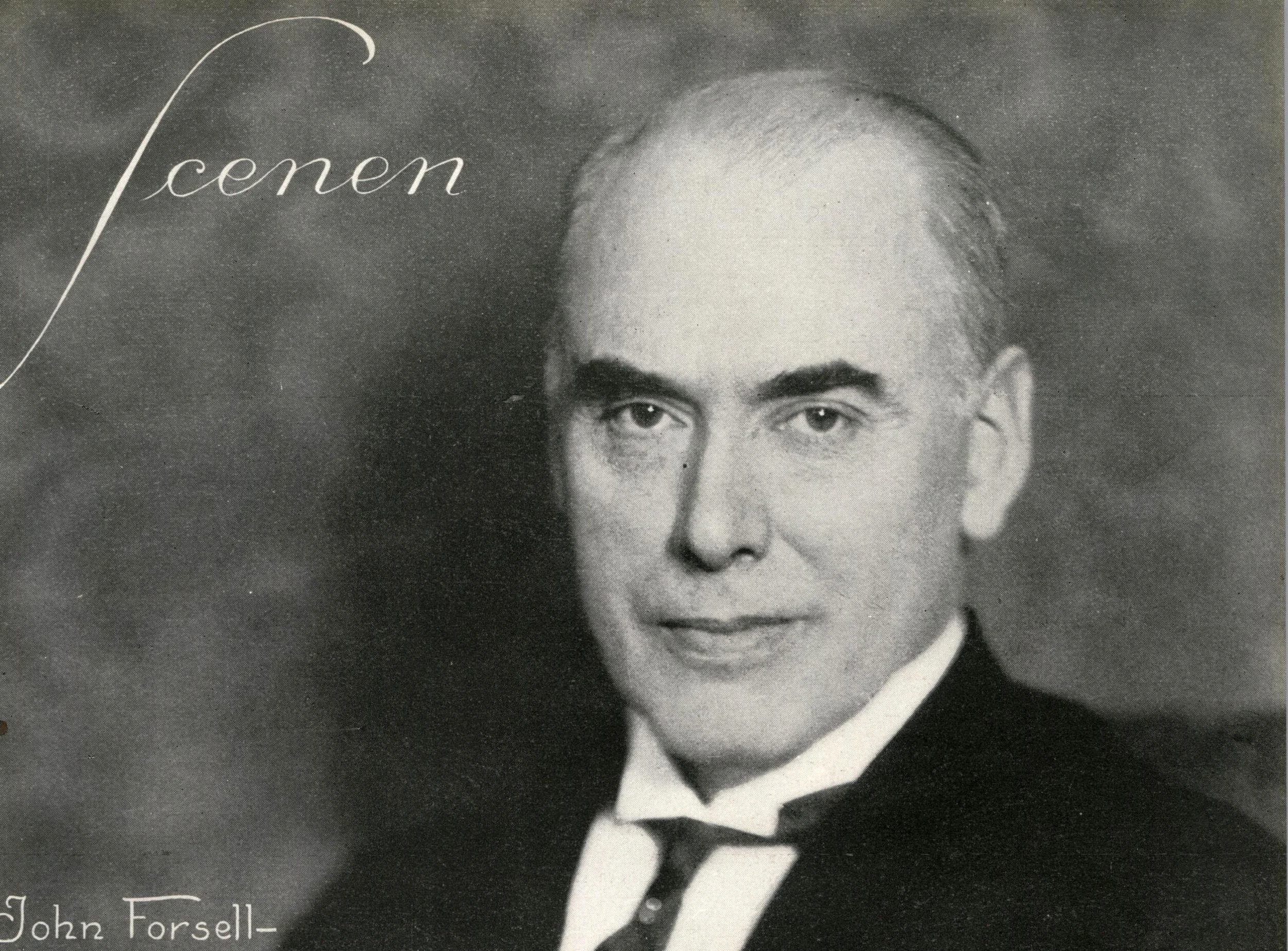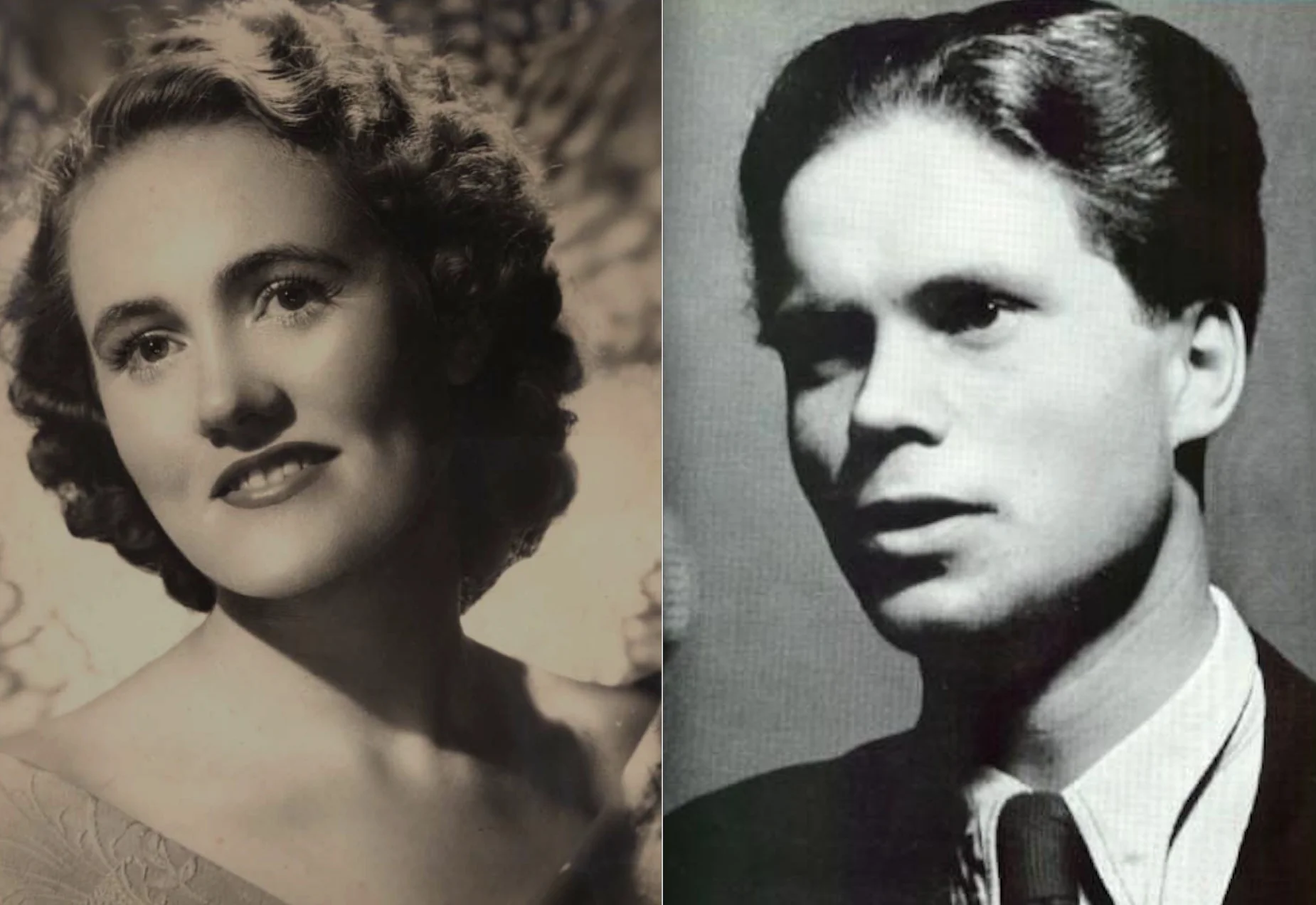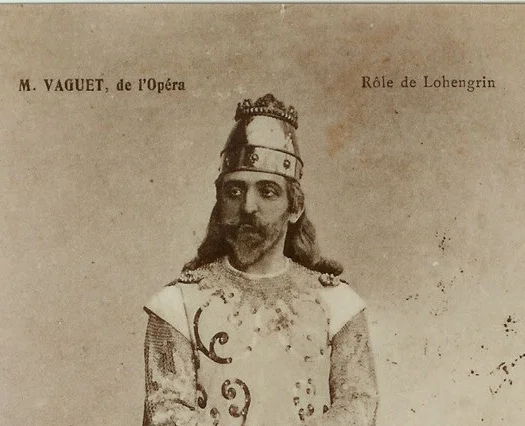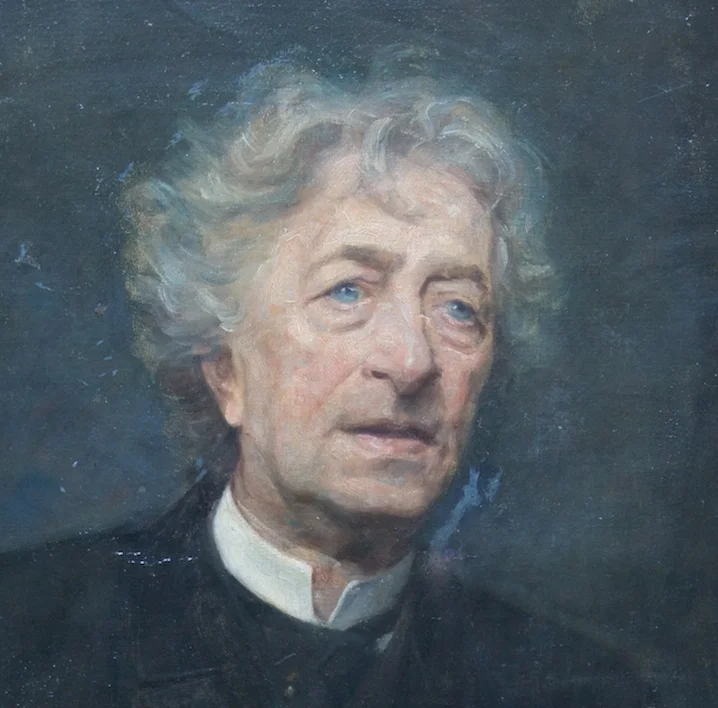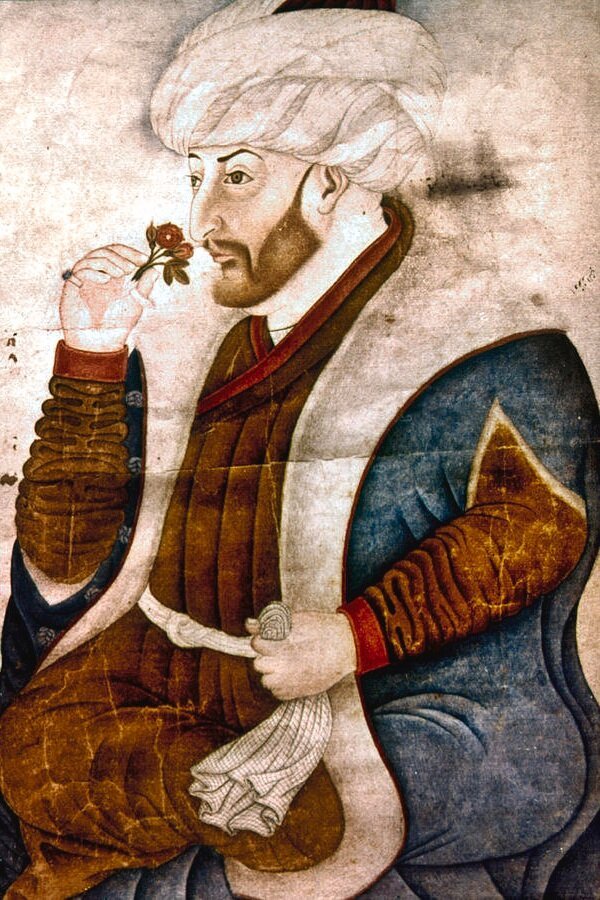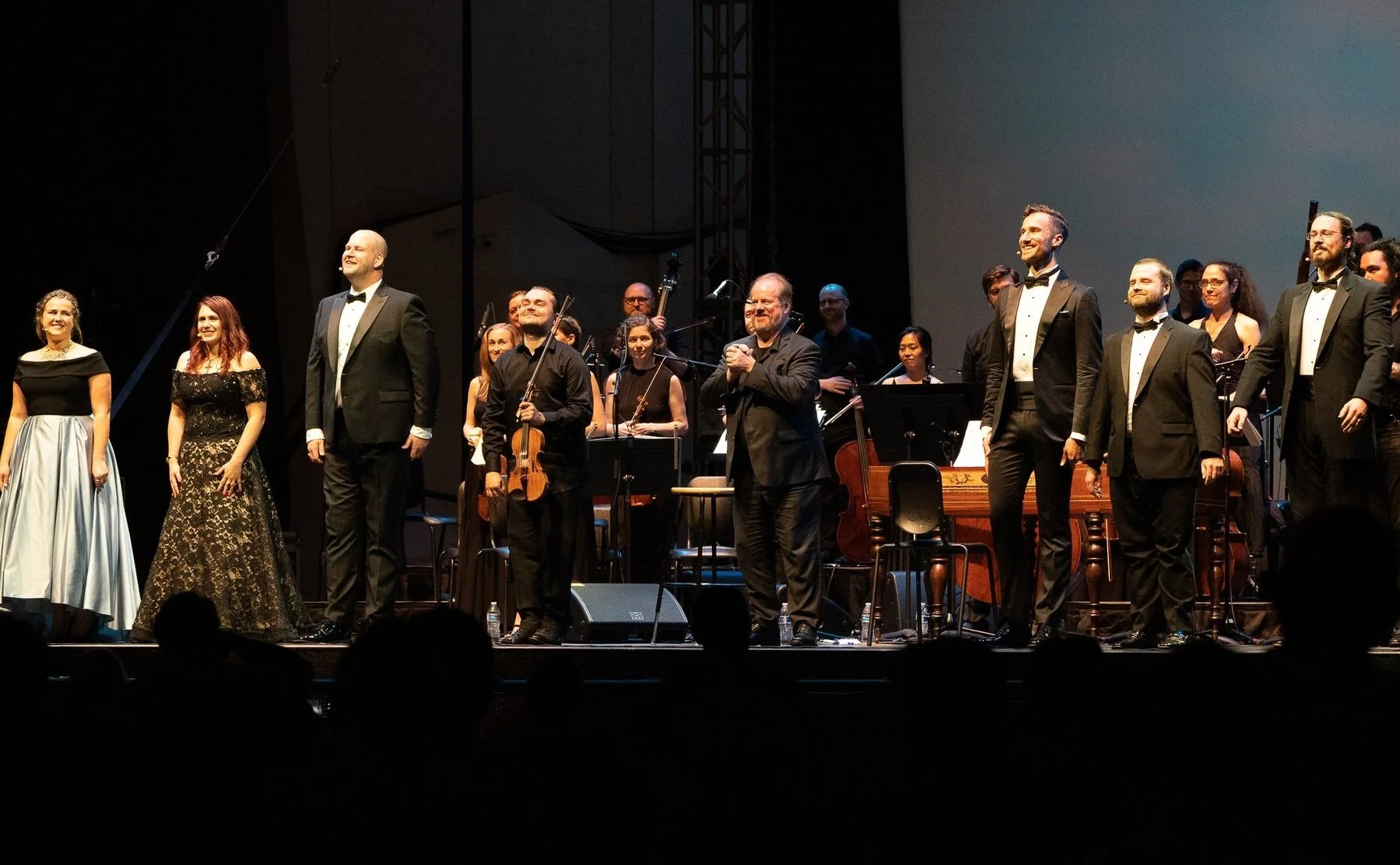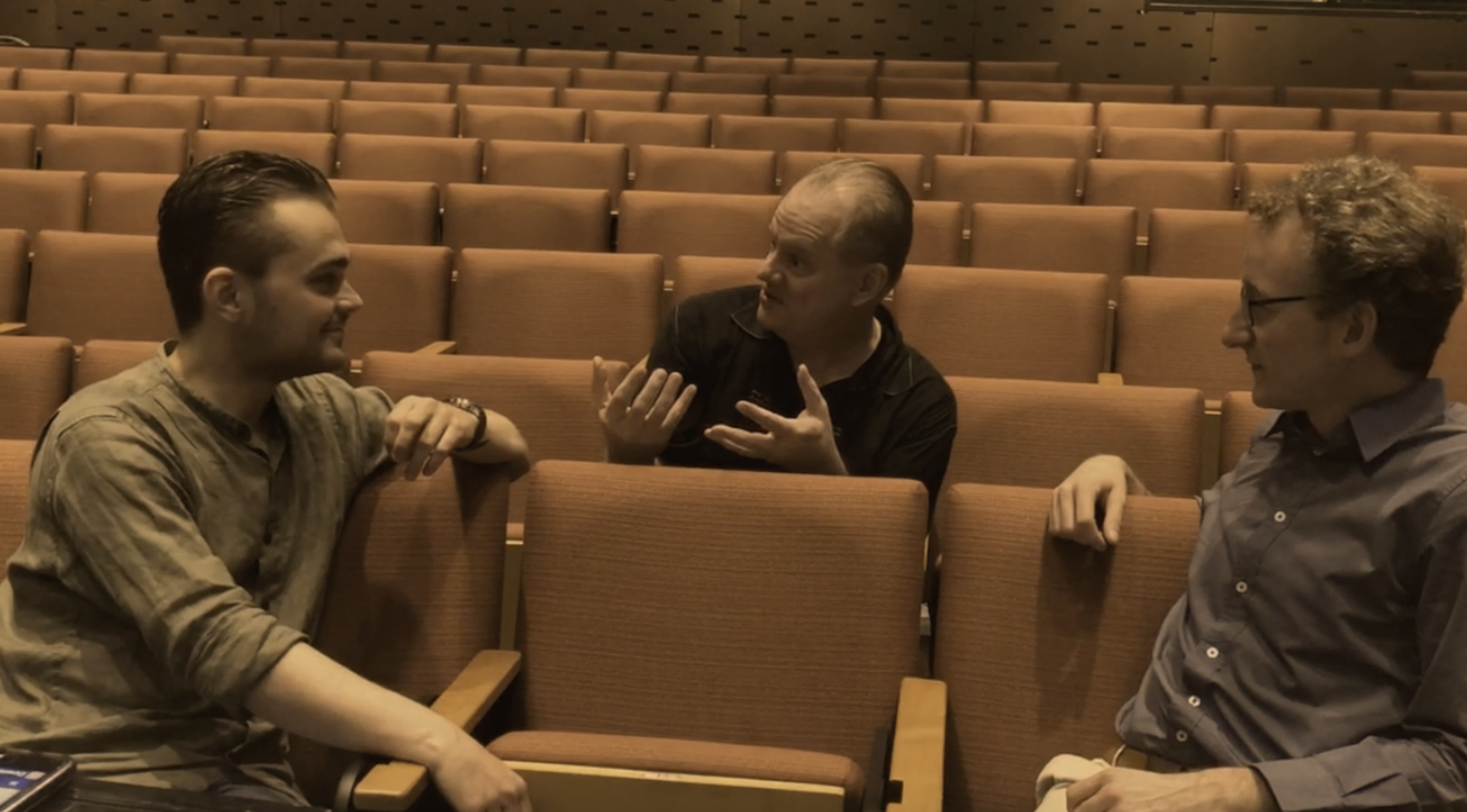What Would We Do Without The Cantors?
Selmar Cerini as Eléazar in La juive
One of the most fascinating multicultural stories is the interplay between Jewish and operatic musical traditions, which seem to have touched each other more than once over the course of history. We know that the fast, ultra-flexible singing that English-speakers call “coloratura” made its way into European singing by way of Italy. We have pretty good reason to think that it came into Italy through Naples, and into Naples through its long links to Spain, where both Moors and Jews had brought traditional Semitic music for centuries before the written history of European vocal composition begins.
That speculation is shrouded in the mists of time, but much later, at the beginning of the “bel canto” era, several of the most influential virtuosos (John Braham, Manuel García and his clan, Giuditta Pasta) were Sephardic jews, and later yet the tradition of the “chazanim” (cantors) supplied the opera world with an inordinate number of star tenors and baritones. So many, in fact, that you sometimes get the feeling opera as we know it would have been impossible without them.
I’m pretty sure the earliest-born cantor to make records was Selmar Cerini, born Selmar Steifman in a tiny village north of Warsaw in 1860 or 1861. He was a musical prodigy whose strict parents discouraged his studies, and he ran away at age eleven, doing apprentice work at synagogues in various Polish towns and eventually winning a scholarship to study opera in Berlin. The date of his opera debut is unclear, partly because prejudice still discouraged the public use of identifiably Jewish surnames. (That stayed true for a long time - look up Beverly Sills, Richard Tucker, Robert Merrill, and Jan Peerce.) Under the vaguely Italian-sounding pseudonym of “Cerini” he was on stage as Manrico in Halberstadt by 1890 at latest, and he rose quickly to contracts in Stettin (present-day Szczecin), Leipzig, and Breslau (Wrocław), with successful guest appearances in Vienna and Berlin and frequent concert tours over the next few years.
But Cerini didn’t stay on the stage. He was strongly observant of Sabbath work-rules, which put him in conflict with managements, and he was in great demand for holiday cantorial work at major synagogues. In 1895 he accepted the job of “Oberkantor” in Breslau and kept it to his death in 1923. As early as 1900 a biography was published for his many admirers, and as early as 1901 he visited the primitive recording studios, eventually cutting about 70 records, both cantorial and operatic. This one is a curiosity (in very dim early sound) - a song by Joseph Dessauer, one of the first prominent Jewish composers in Germany when restrictions on Jewish participation were relaxed in the early 19th century. In it we hear the classic skills that cantors shared with operatic virtuosos (long breaths, fluent runs and trills), along with something like a character-tenor vivacity in the chatty text.
Teatro Nuovo puts great emphasis on learning from the singers who had never heard, or heard of, microphone singing - primitive recordings from more than a century ago, forming a link to the traditions of opera’s heyday and the infinite potential of the natural, unassisted human voice. Check this space regularly for samples, and click here for some pointers on how to listen.
UPDATE: A website created by Sherwin Cerini, a grandson of Selmar Cerini, includes practically all the known records of the great cantor, as well as a complete PDF of the 1900 biography mentioned above: http://selmarcerini.com/scmusic
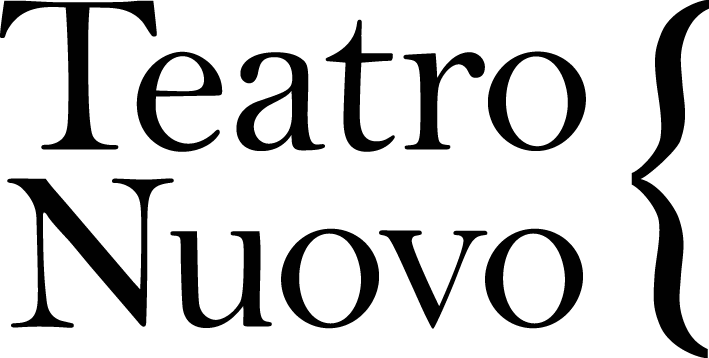




![Image 2 - Henry T. [Harry] Burleigh - Detroit Public Library.jpeg](https://images.squarespace-cdn.com/content/v1/596bb4e703596e837b624445/1591713684327-N7HW488JSZ7EN8T5AJSR/Image+2+-+Henry+T.+%5BHarry%5D+Burleigh+-+Detroit+Public+Library.jpeg)







